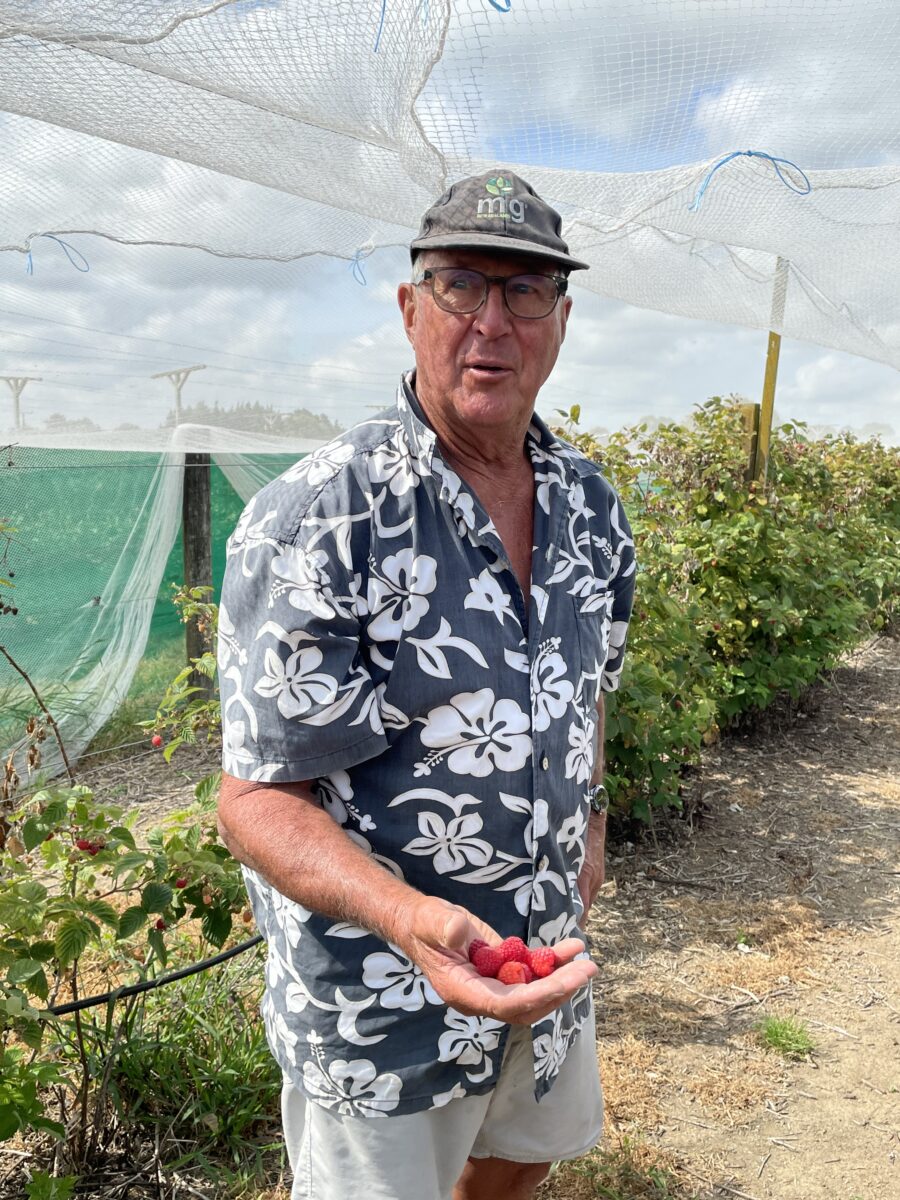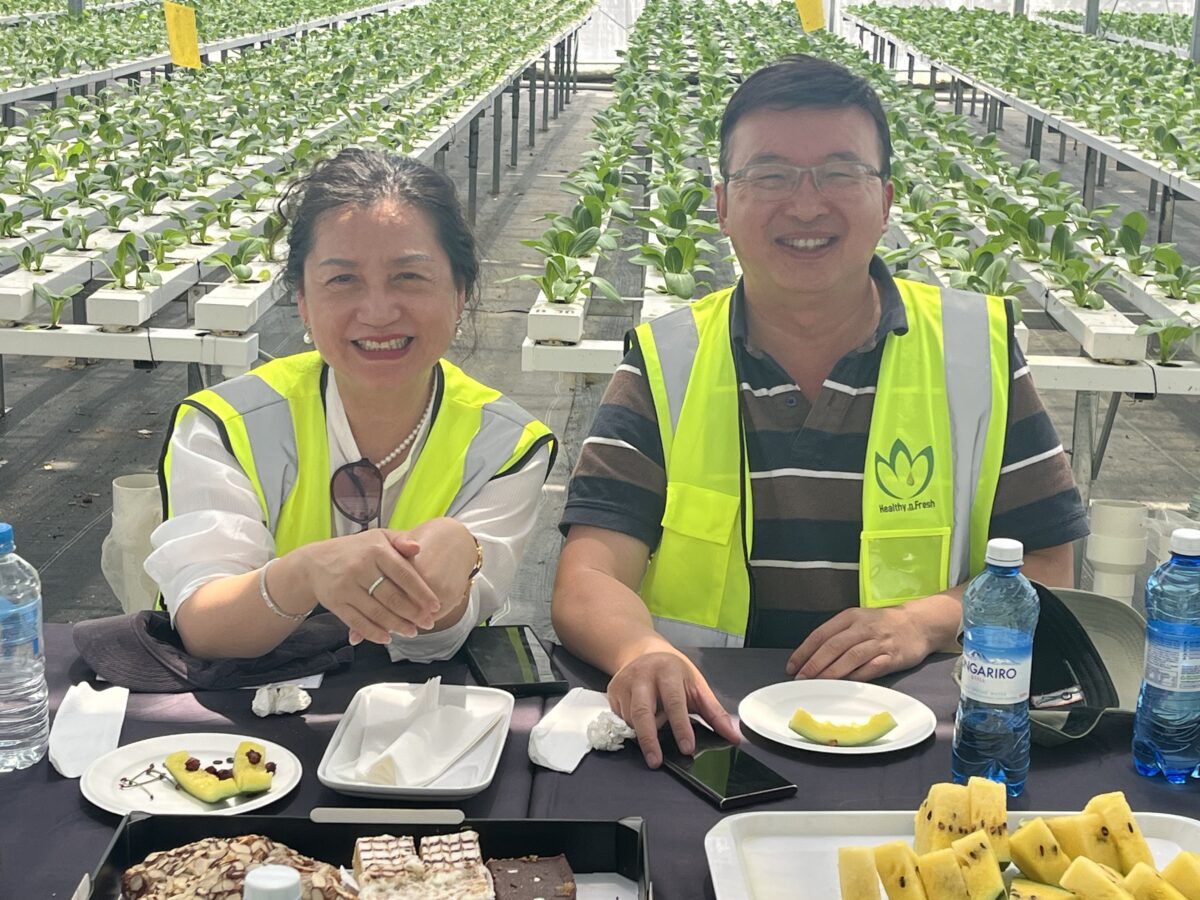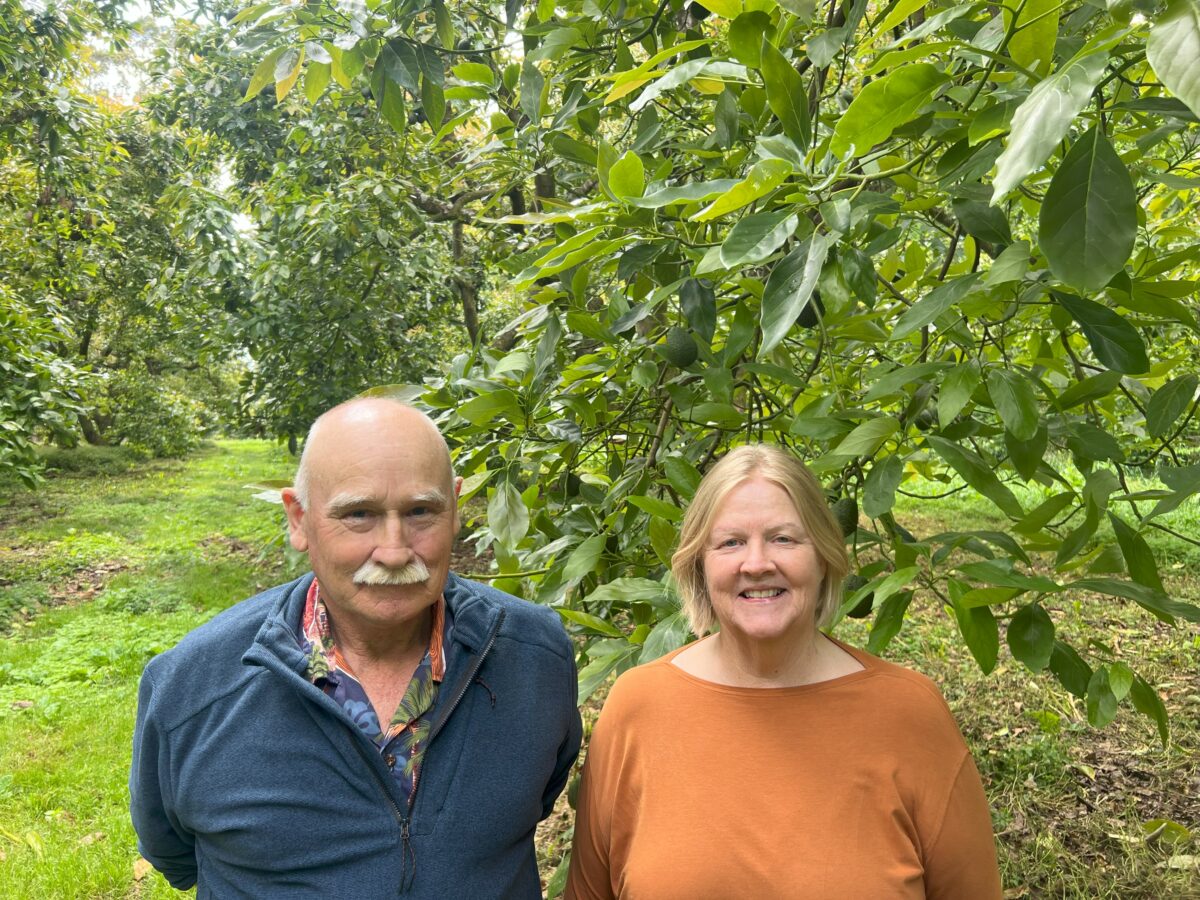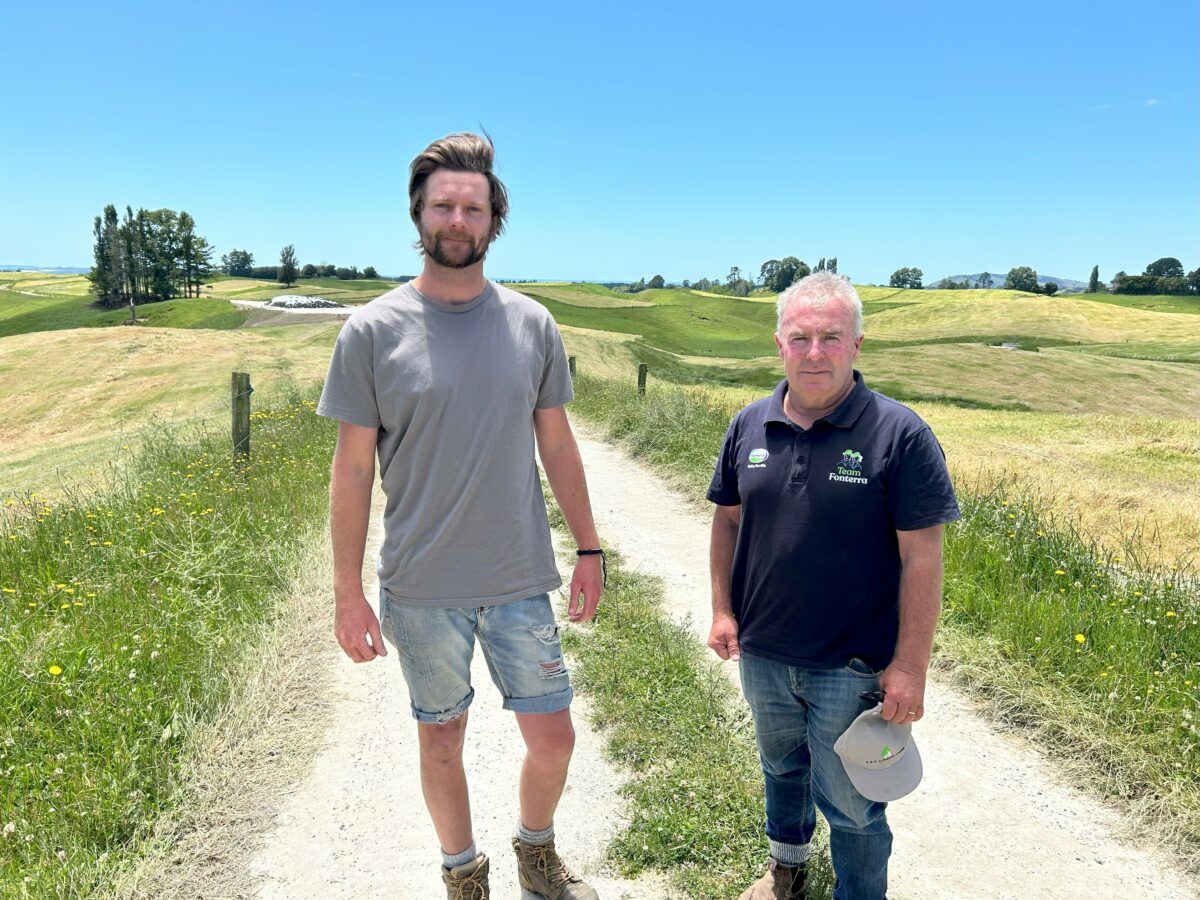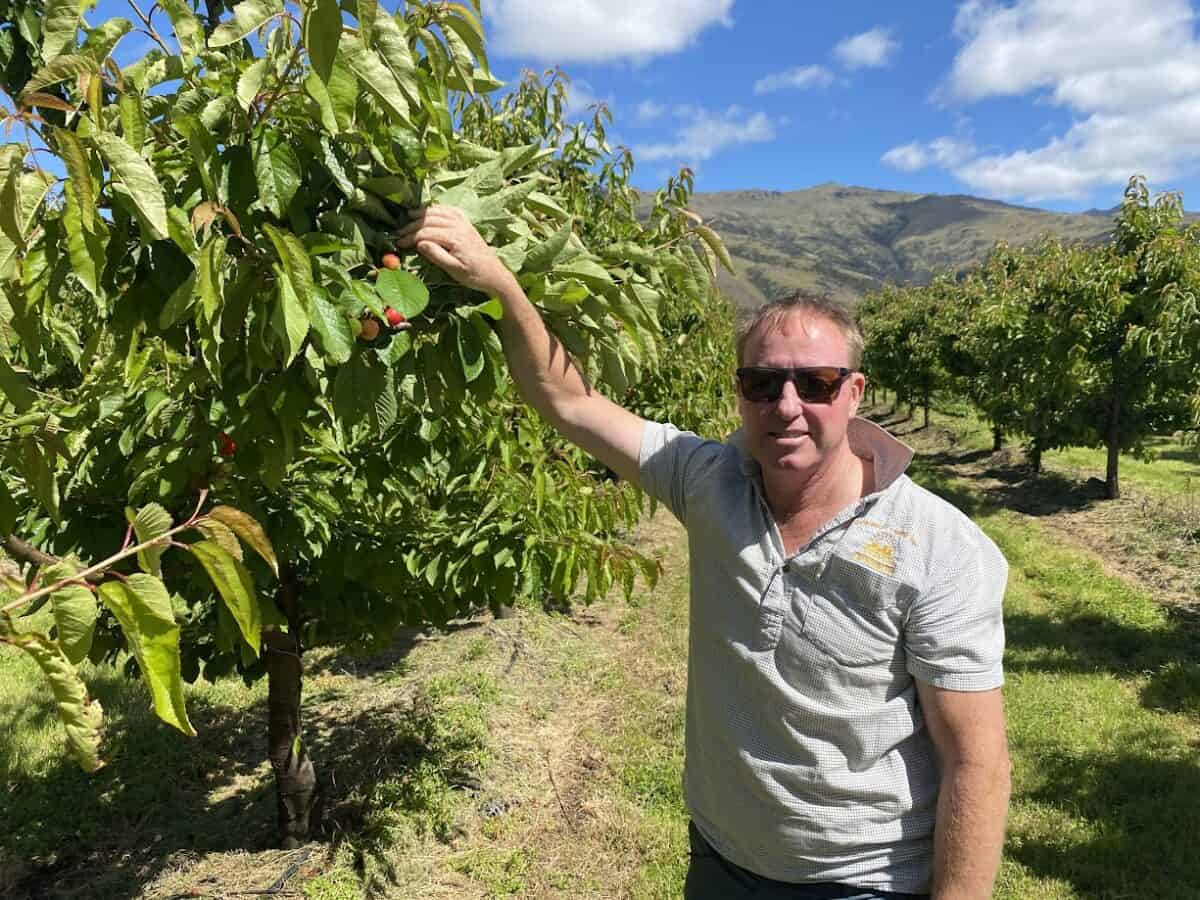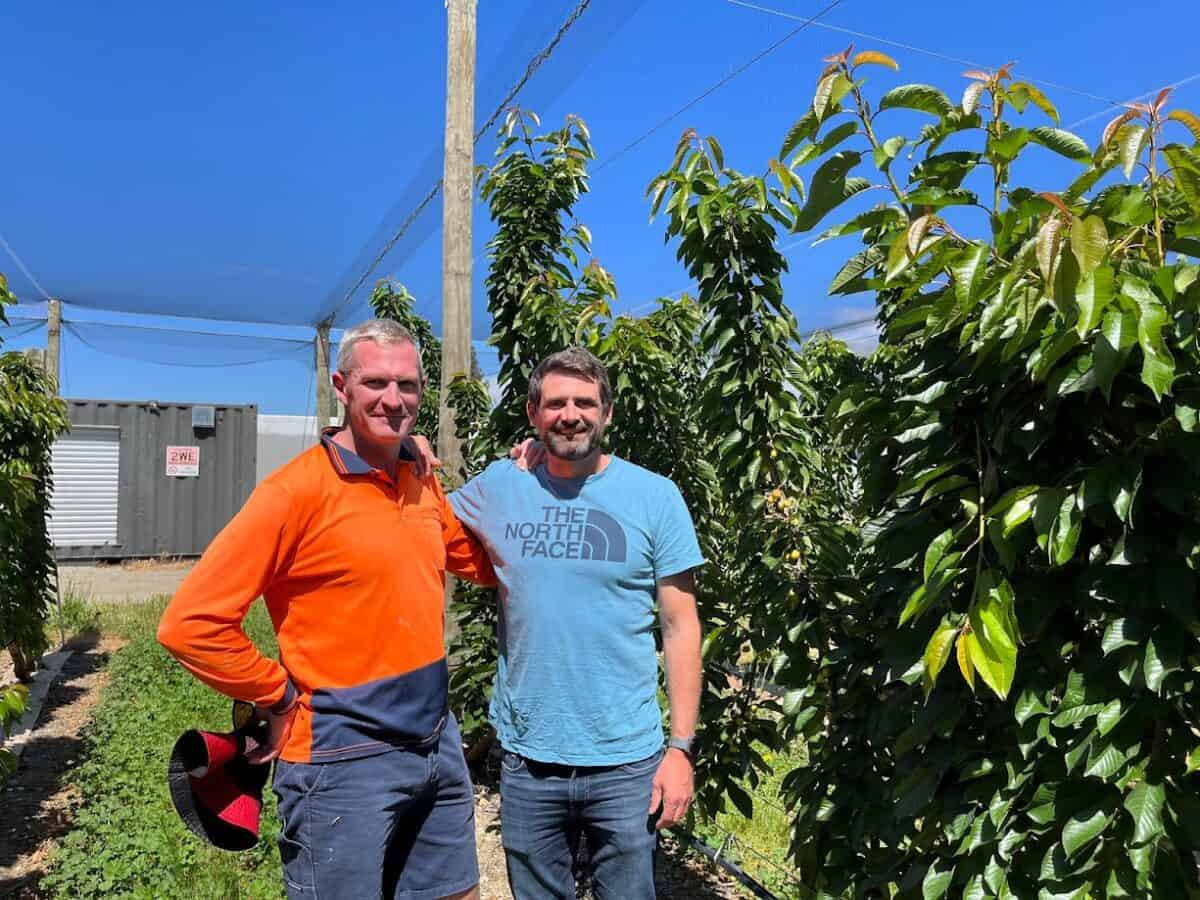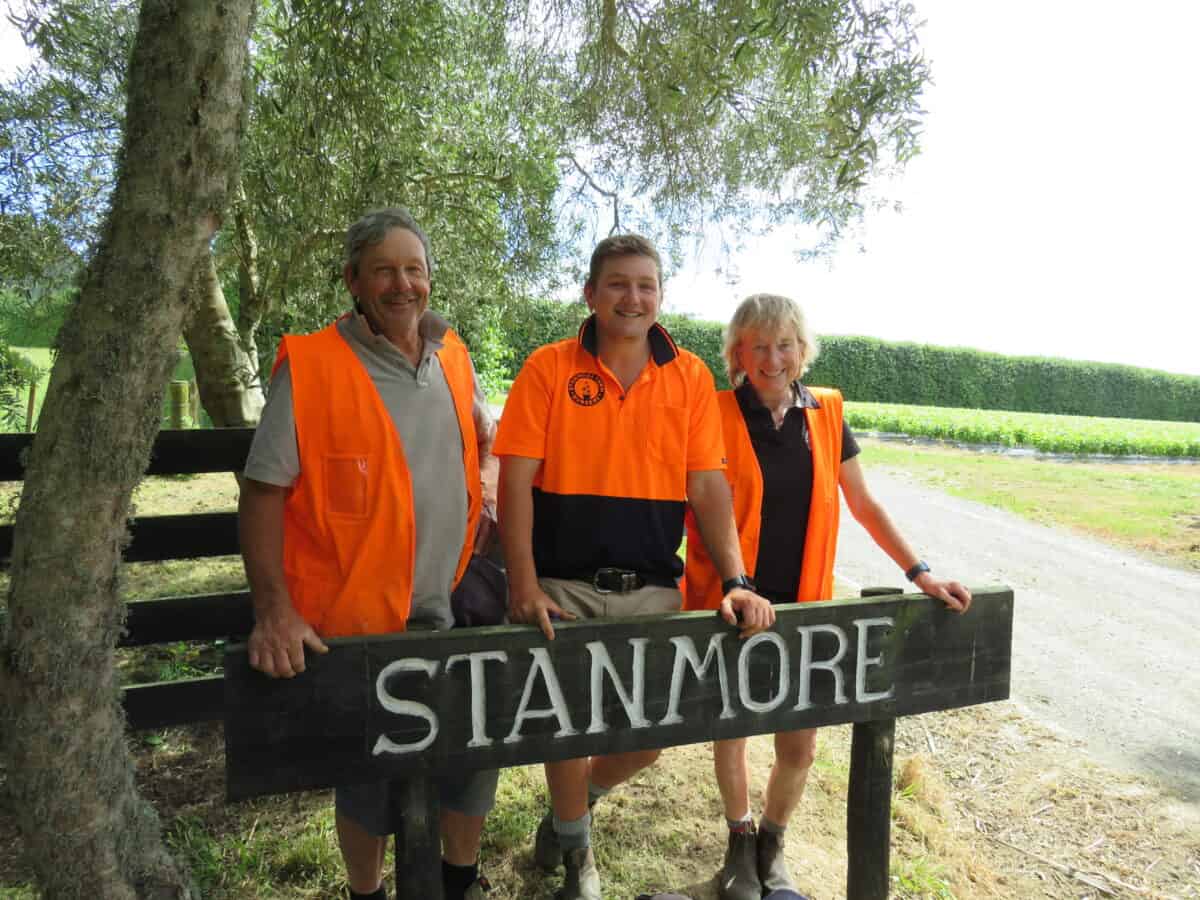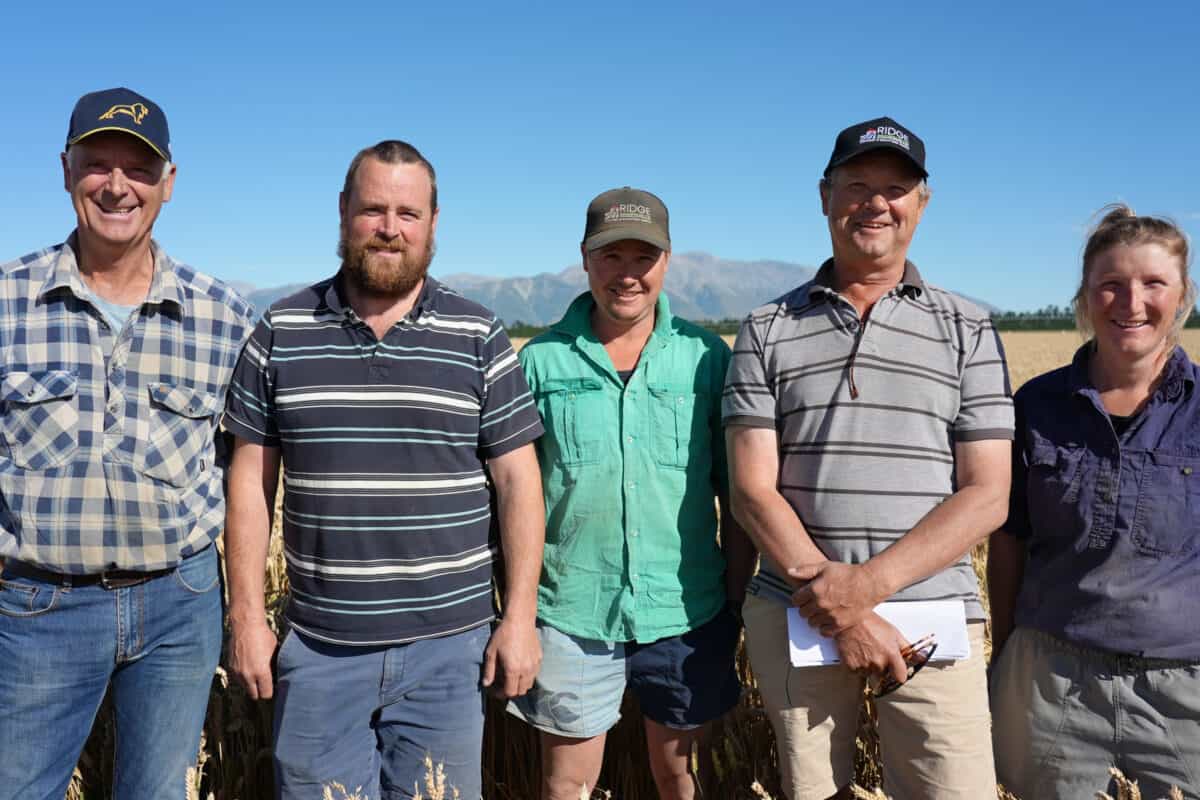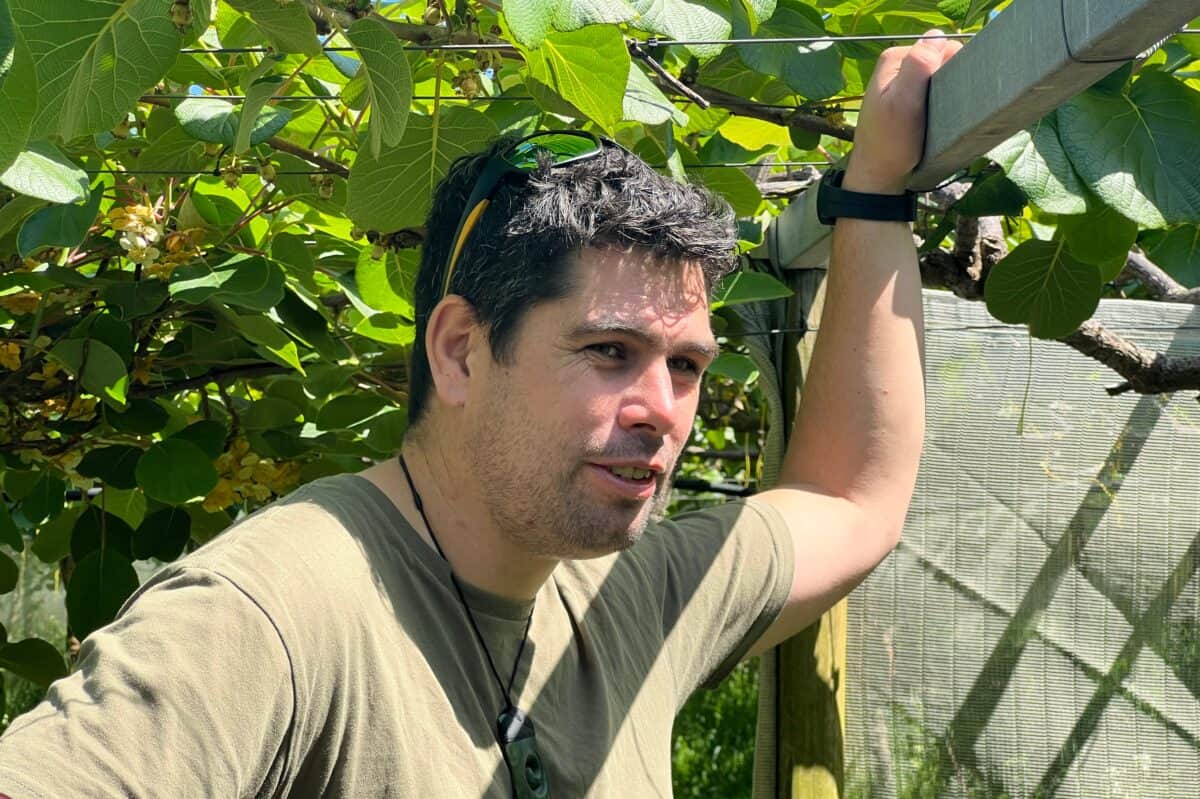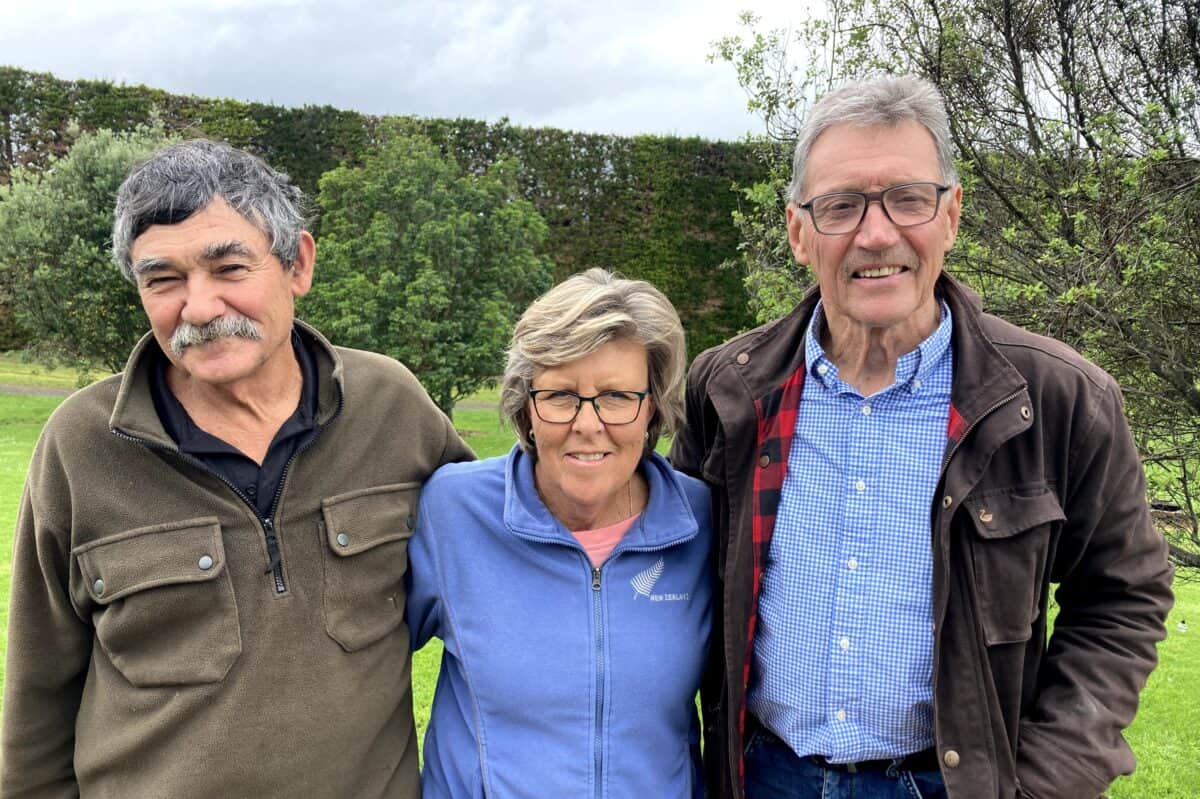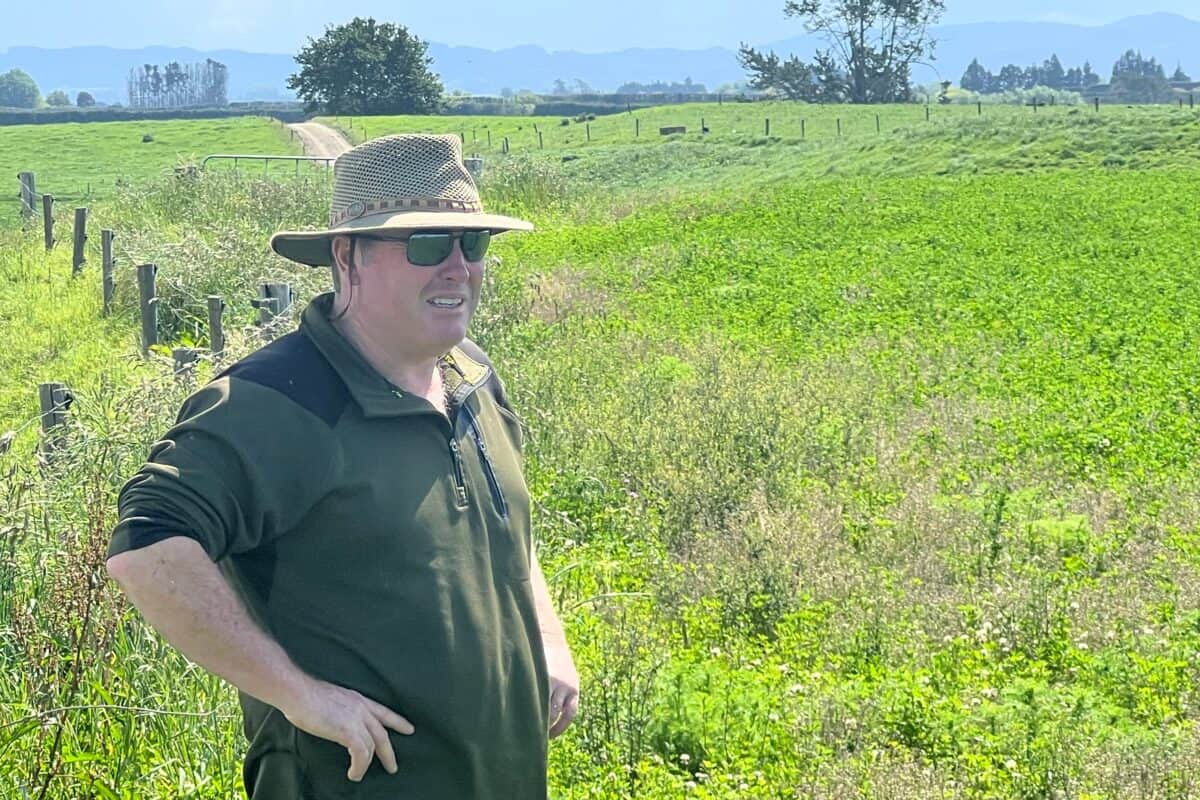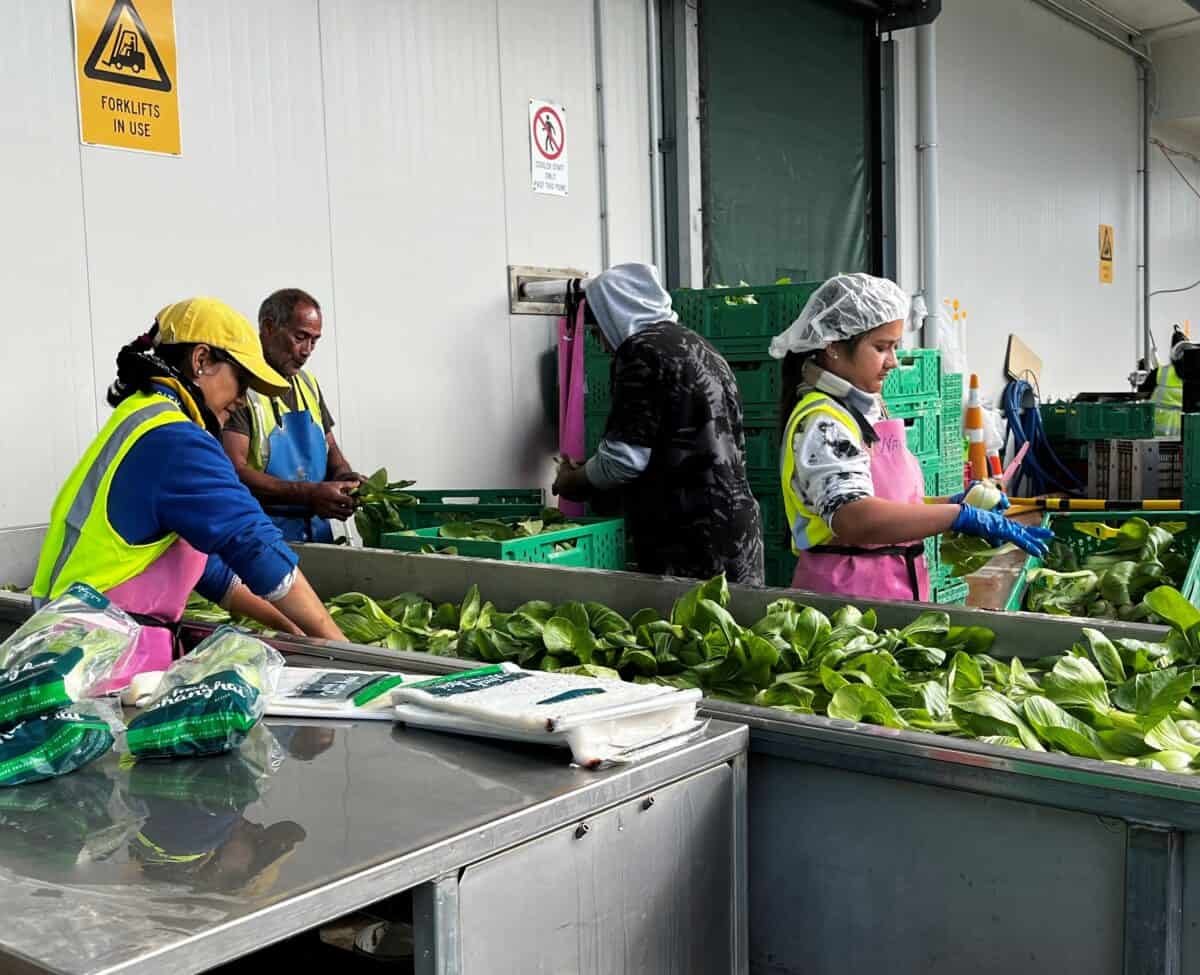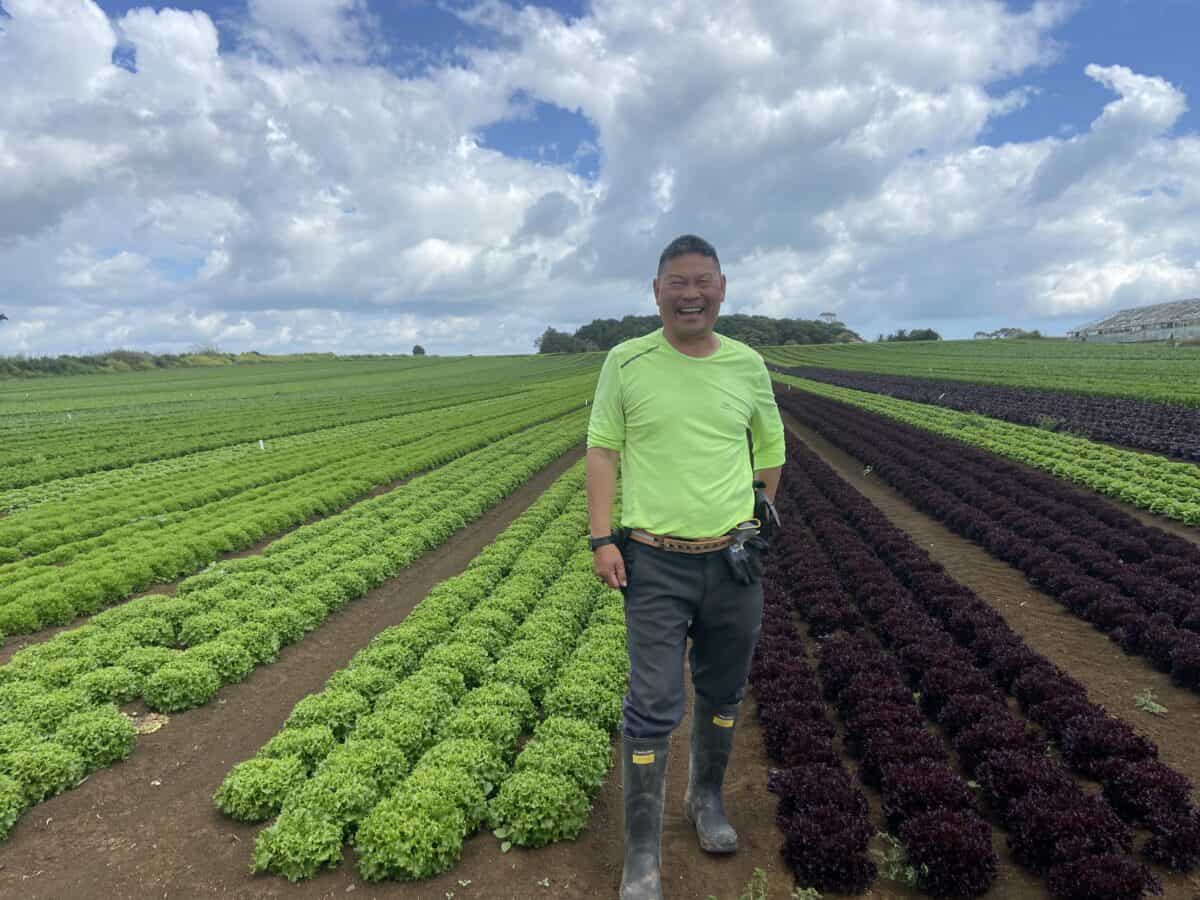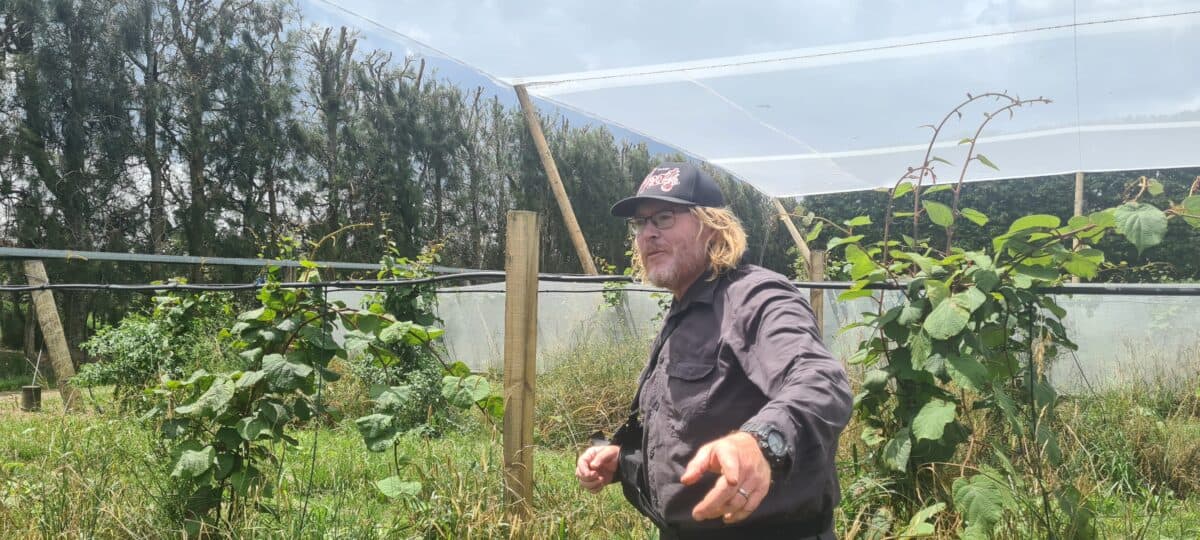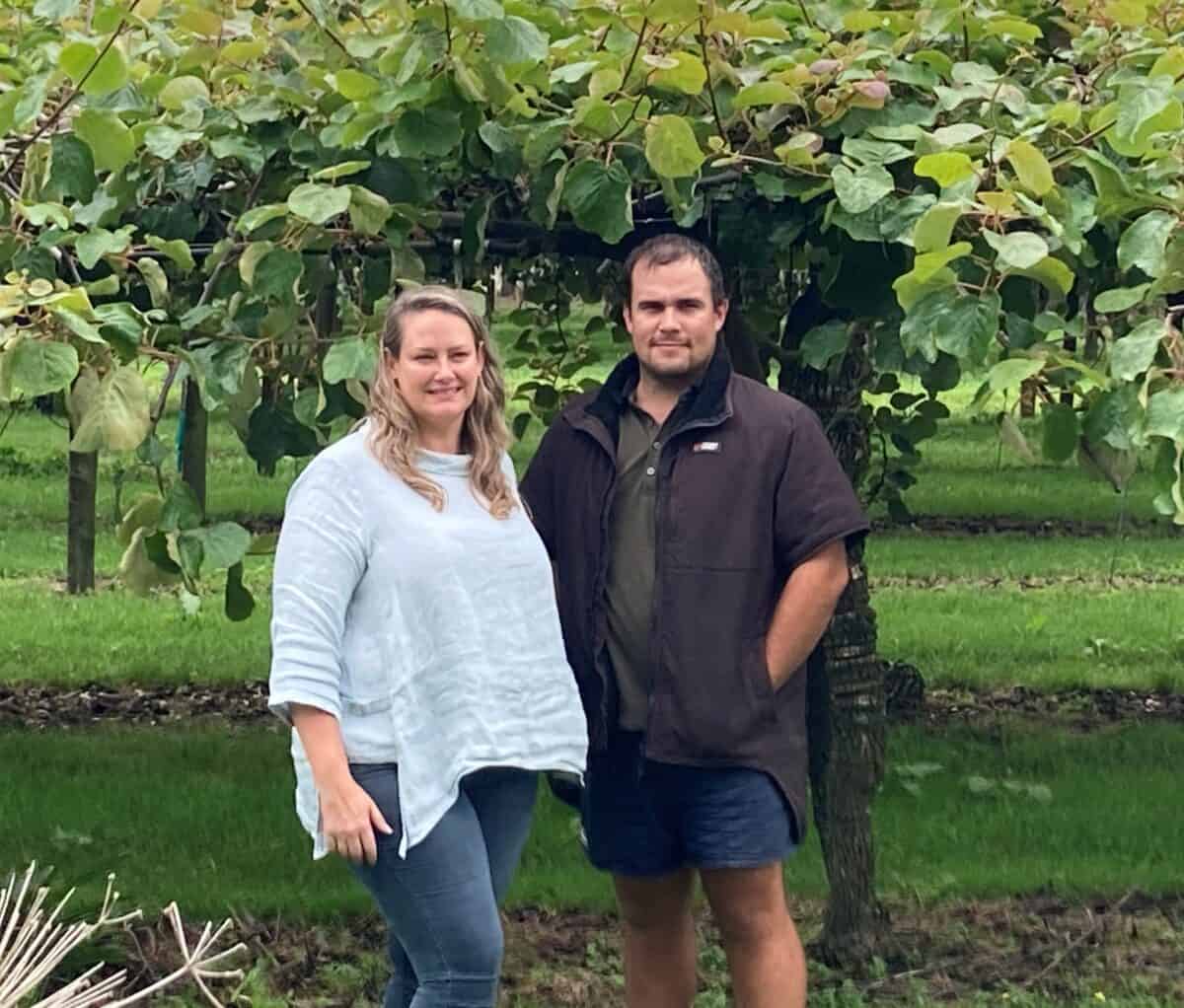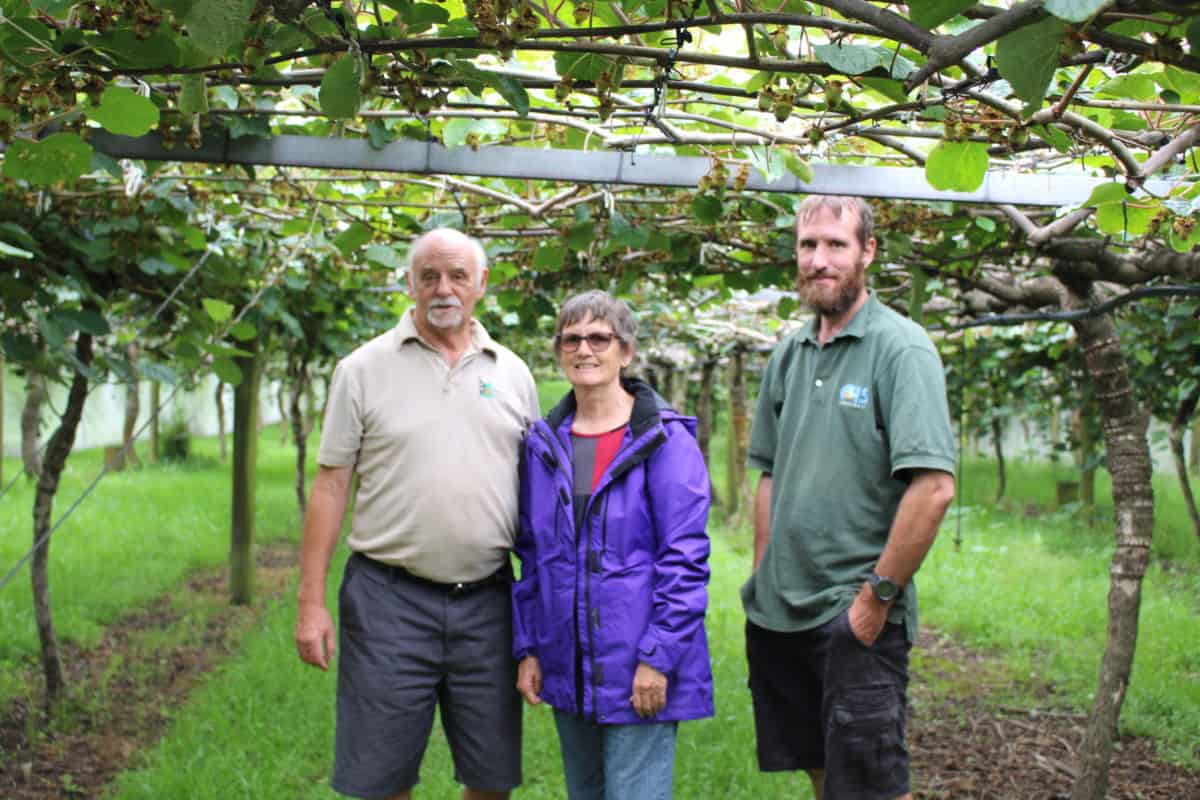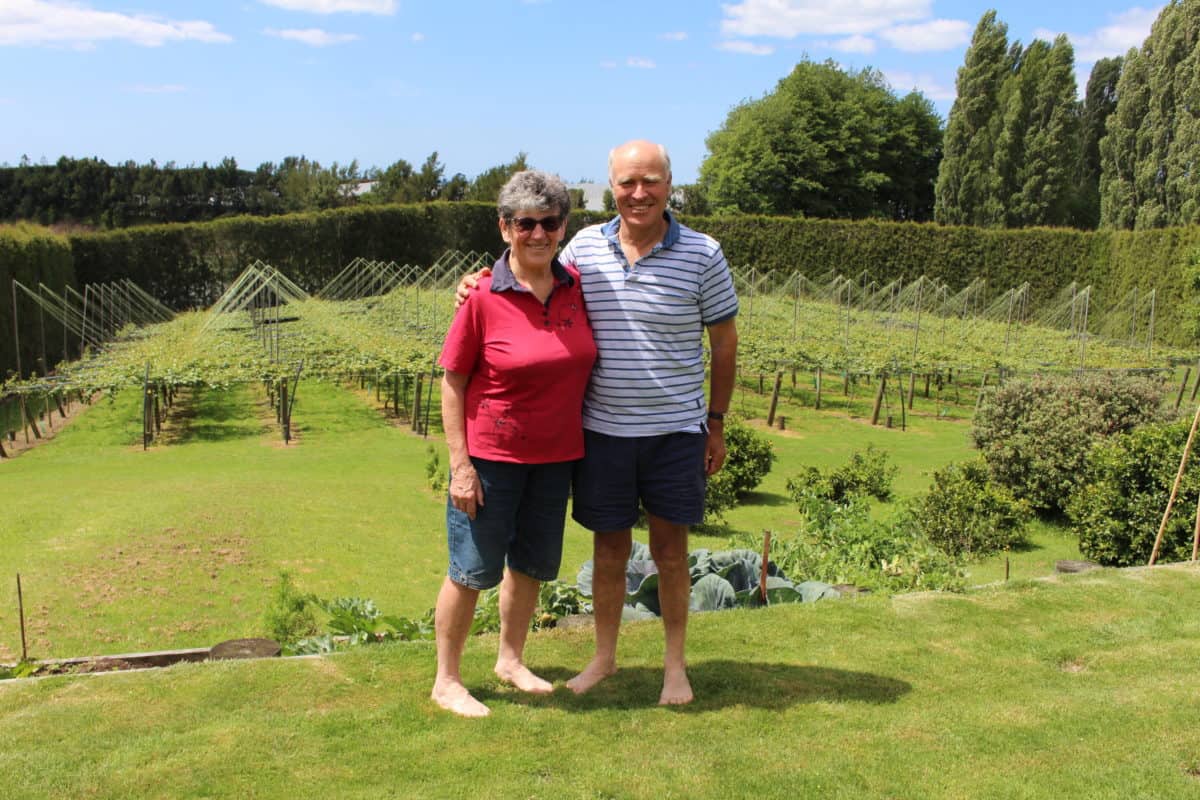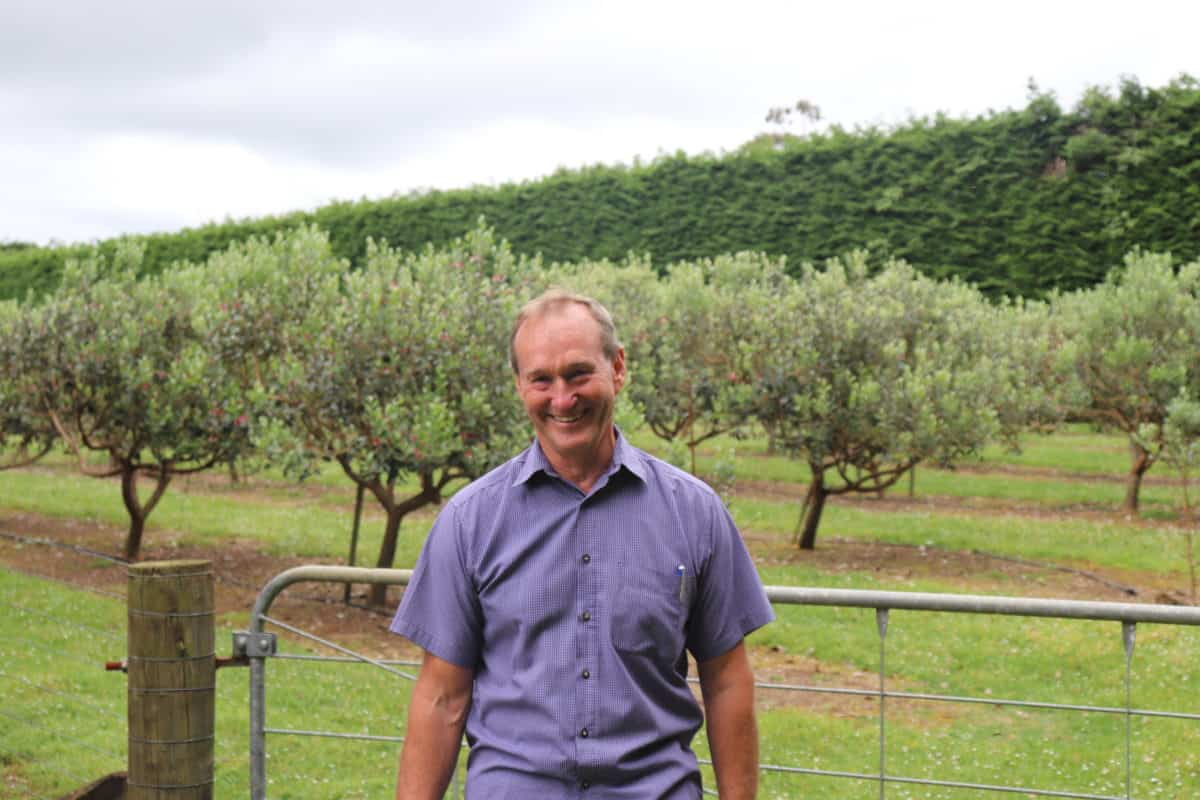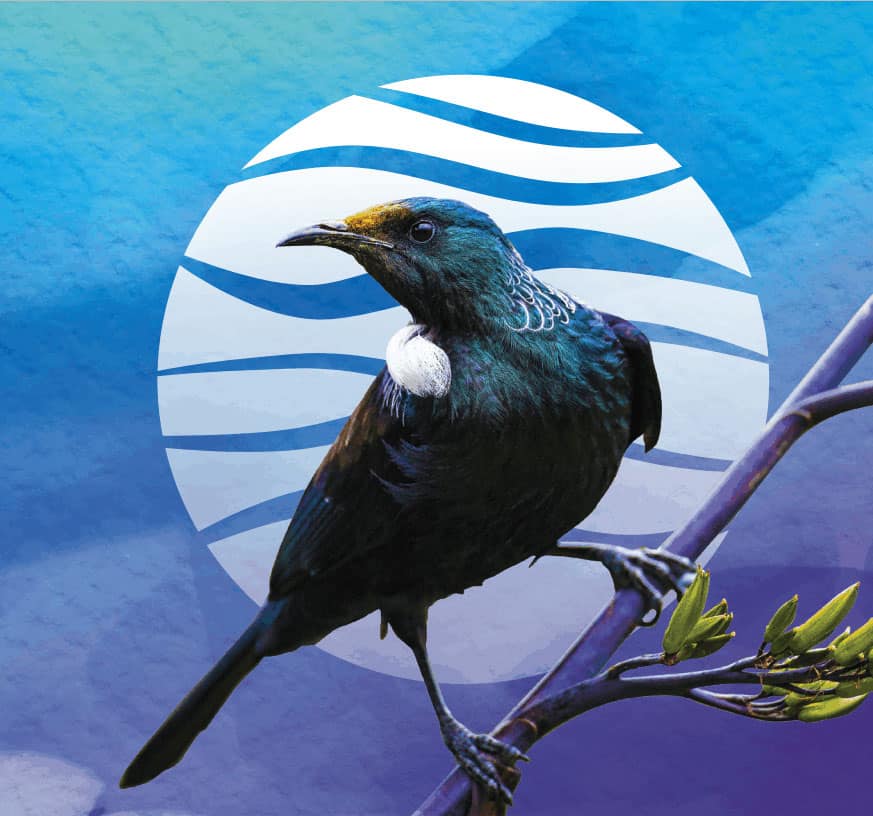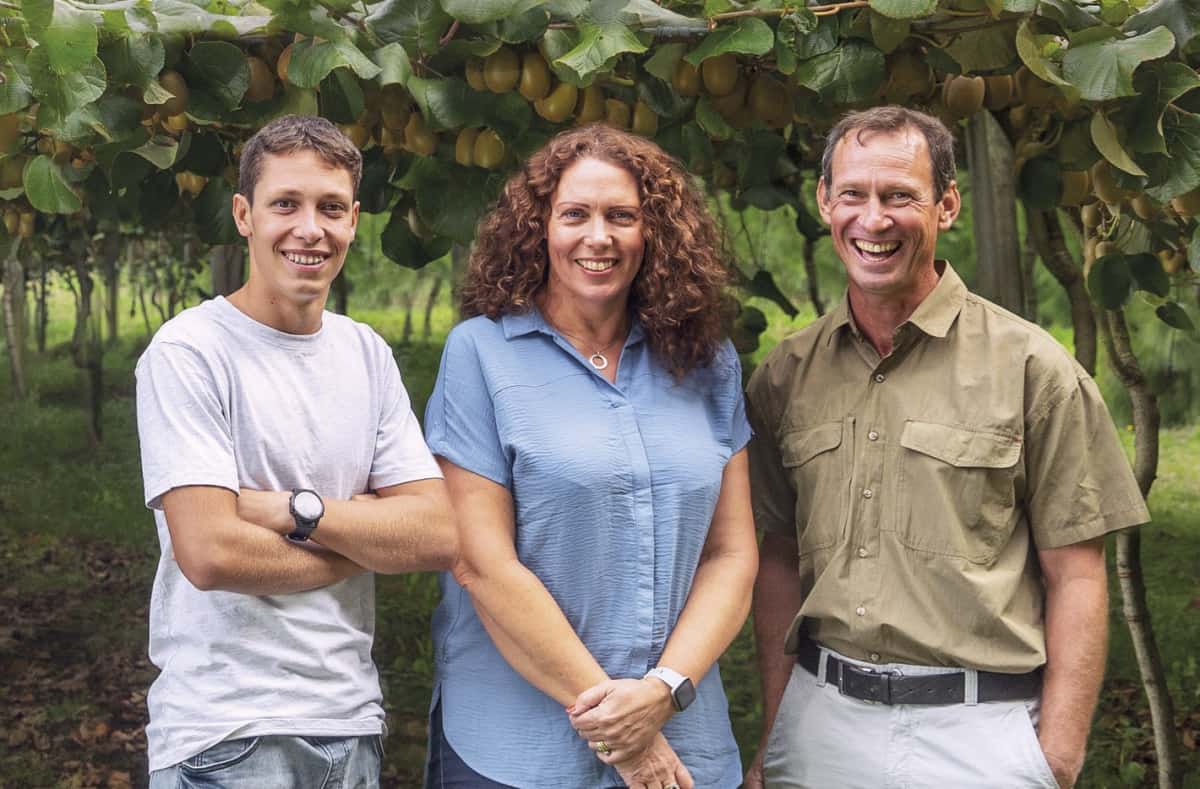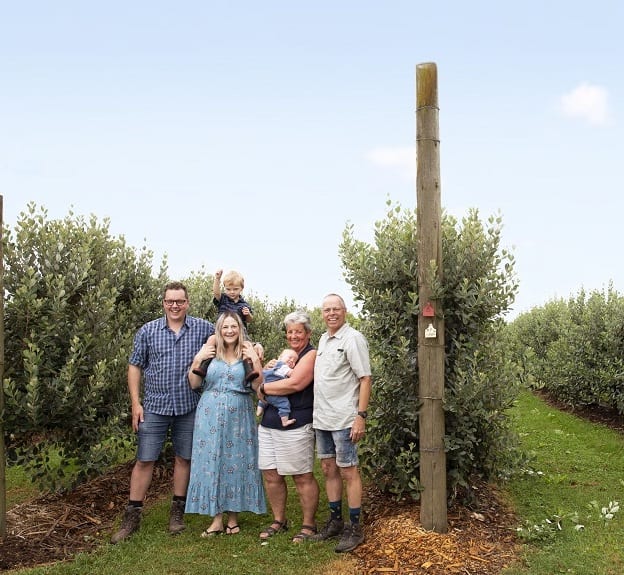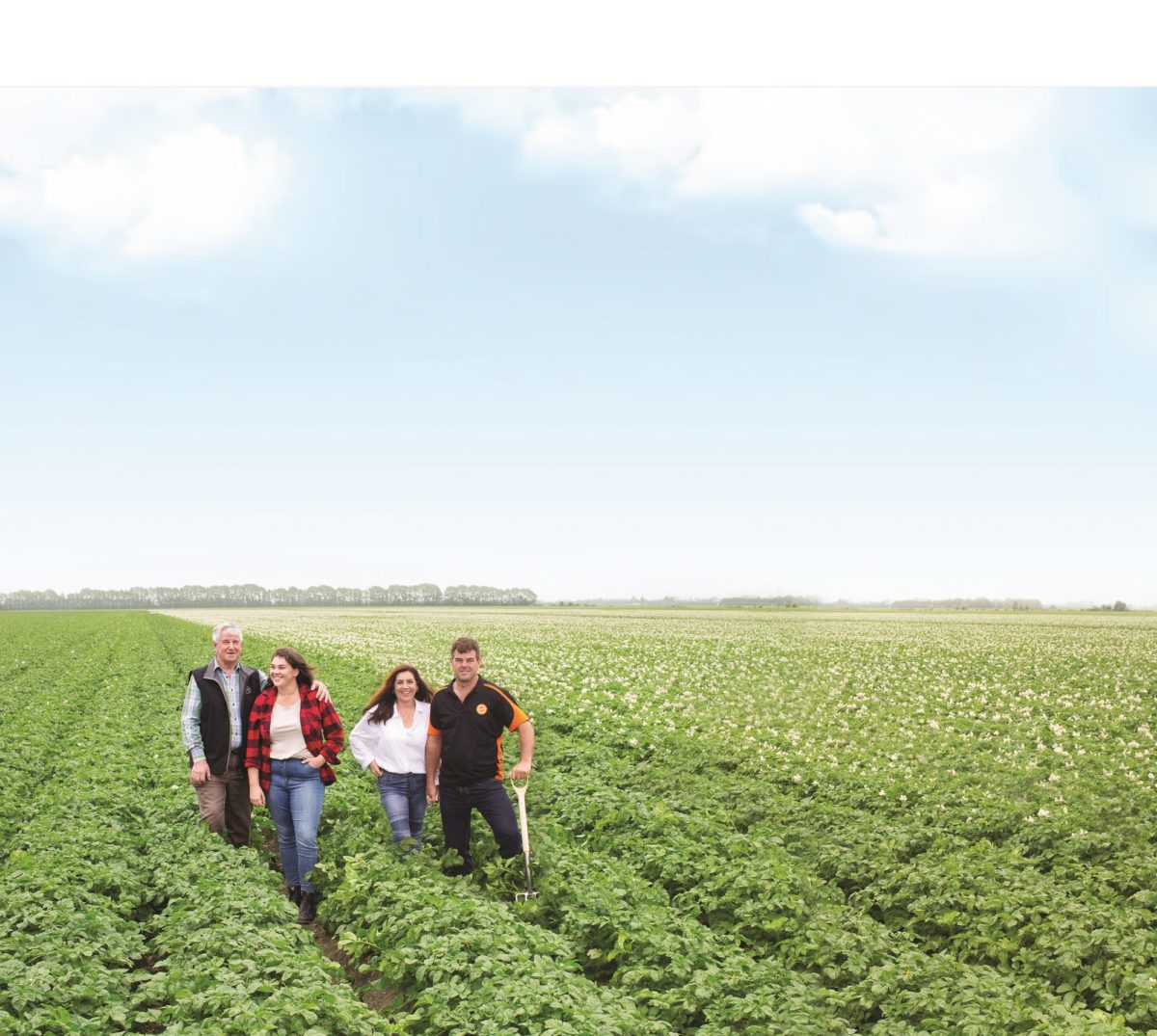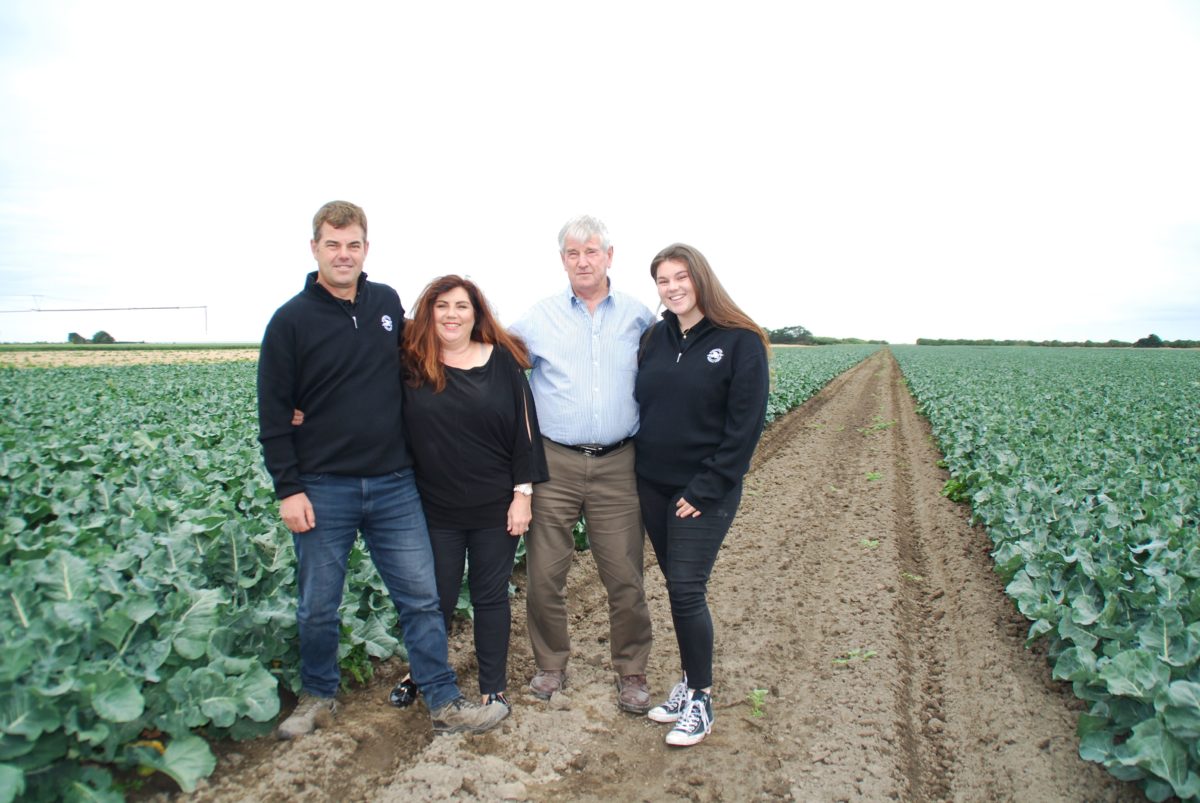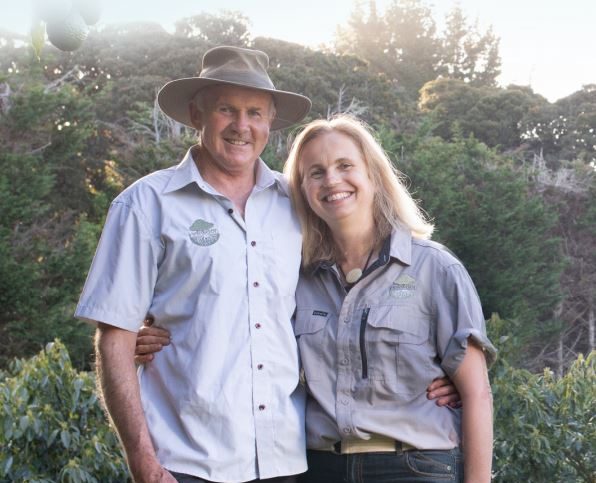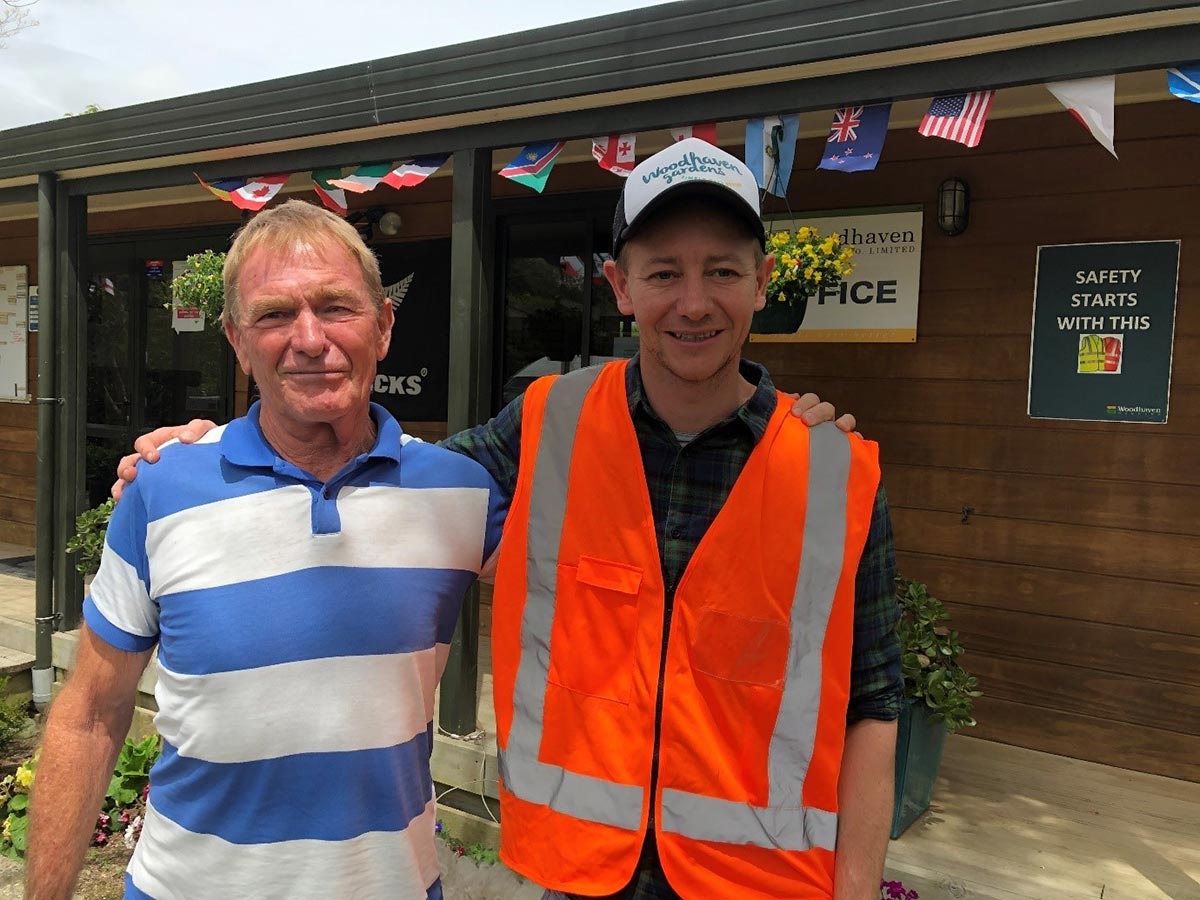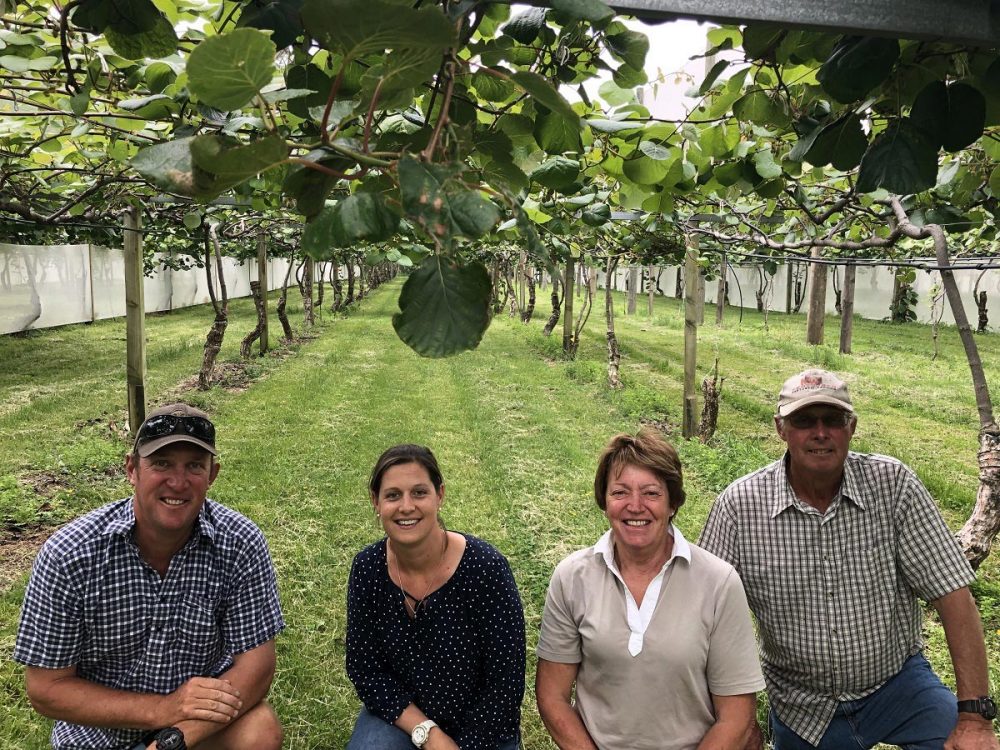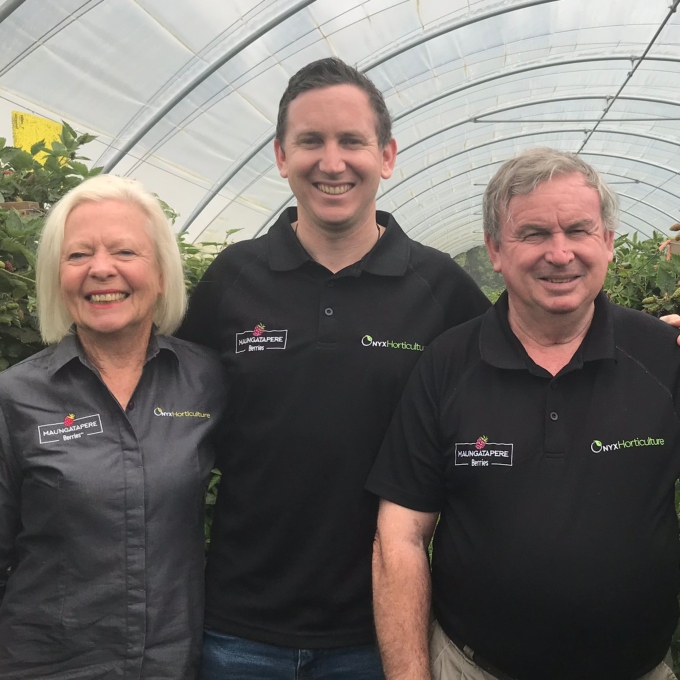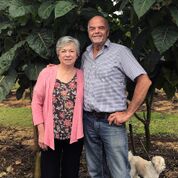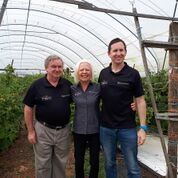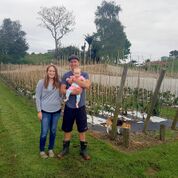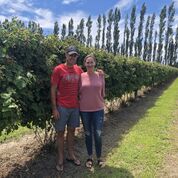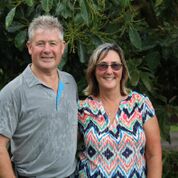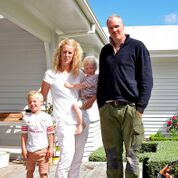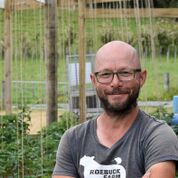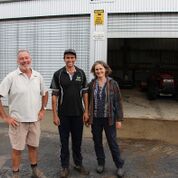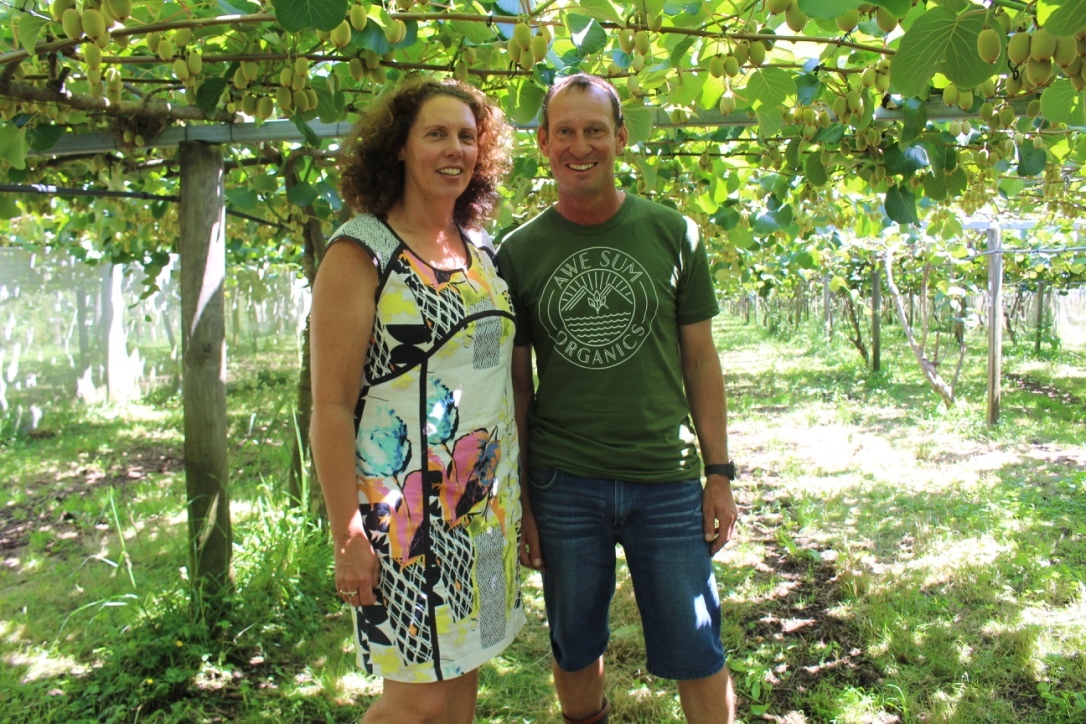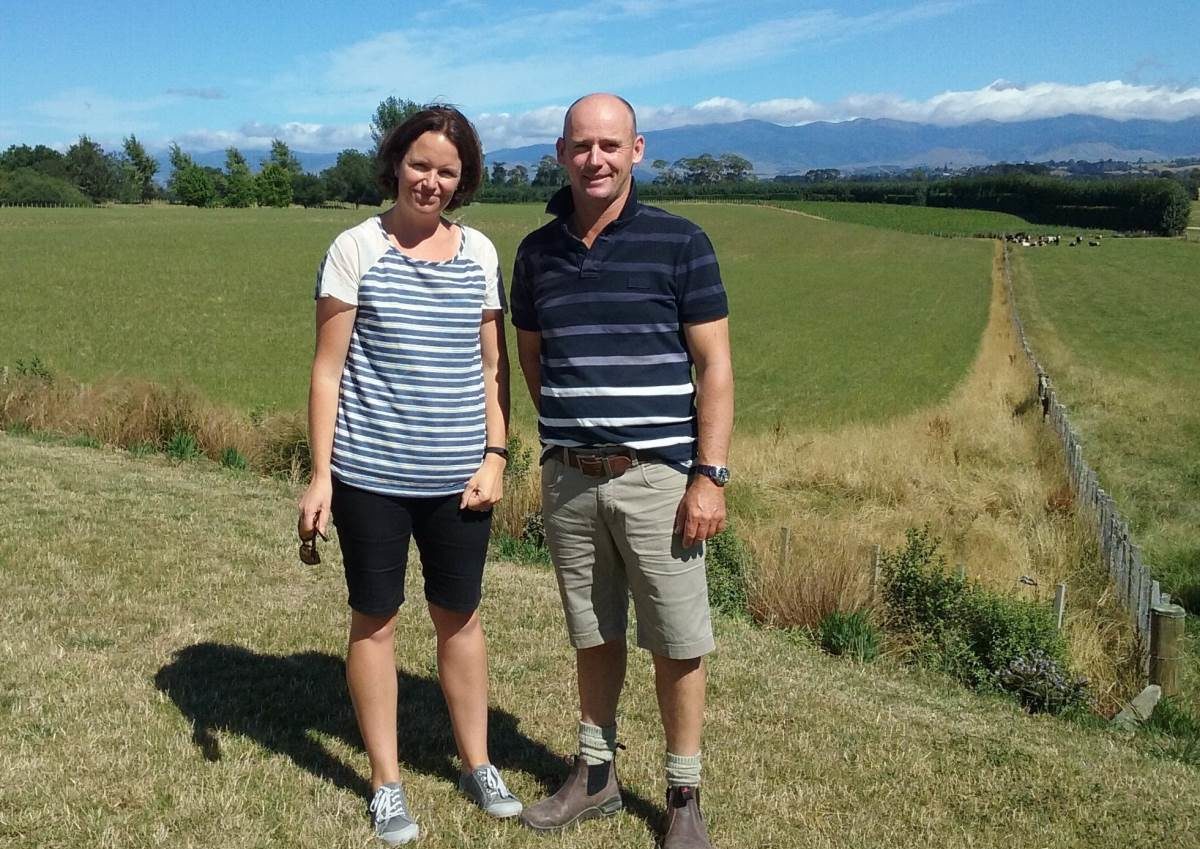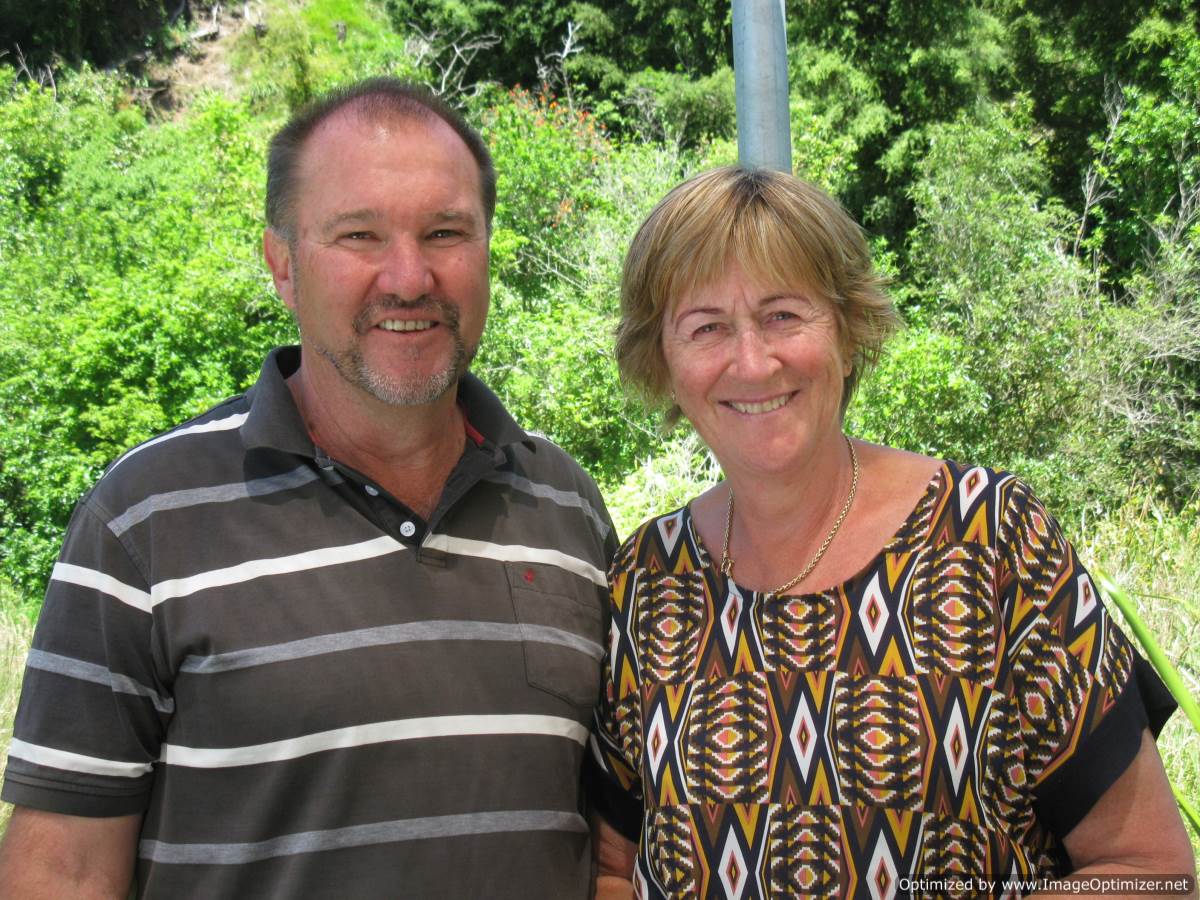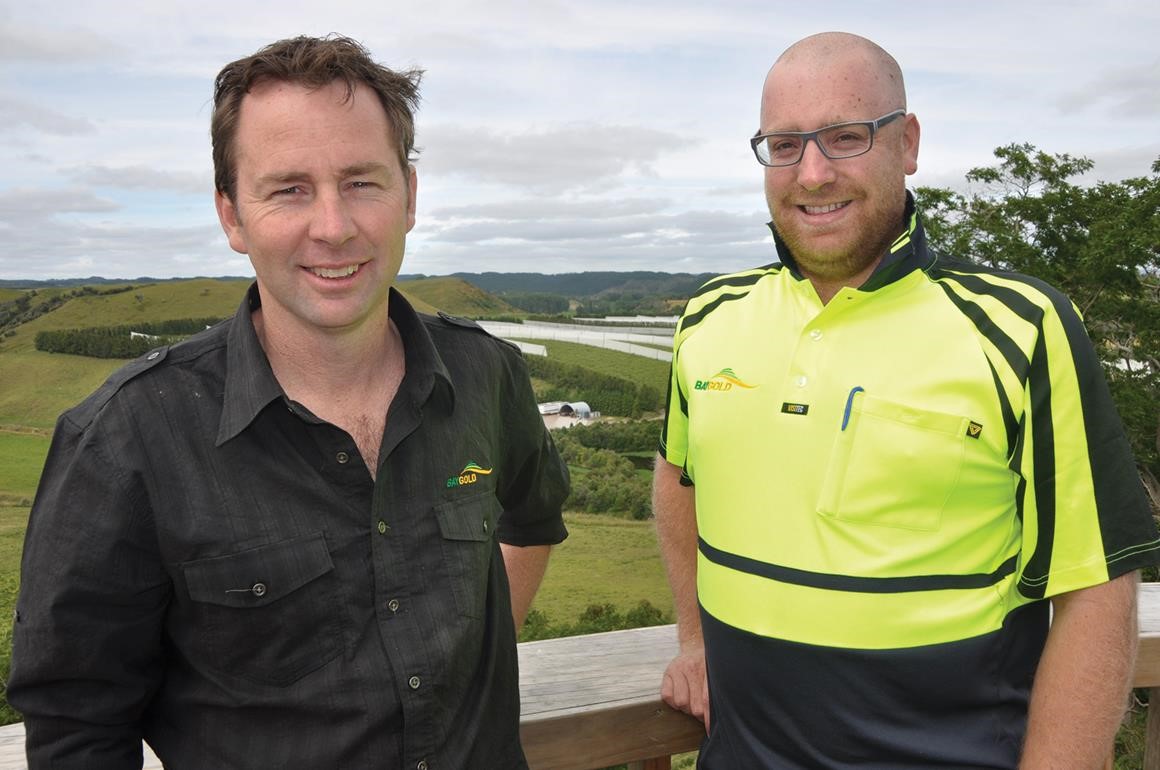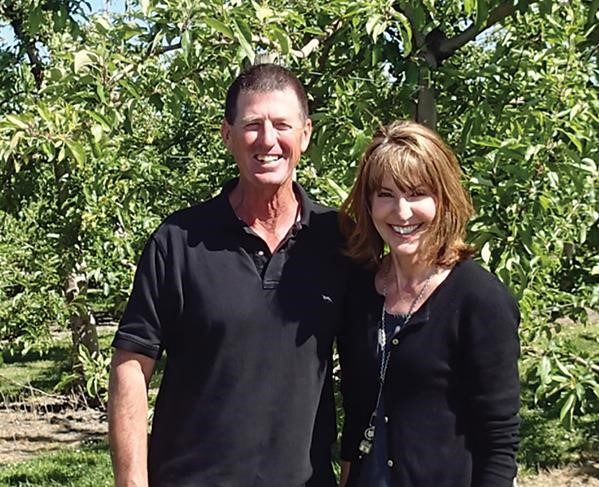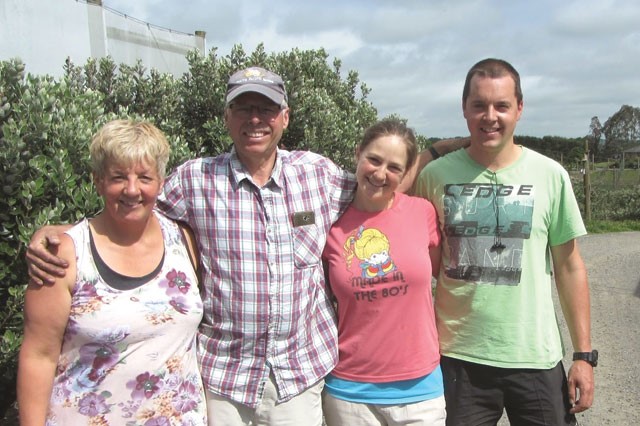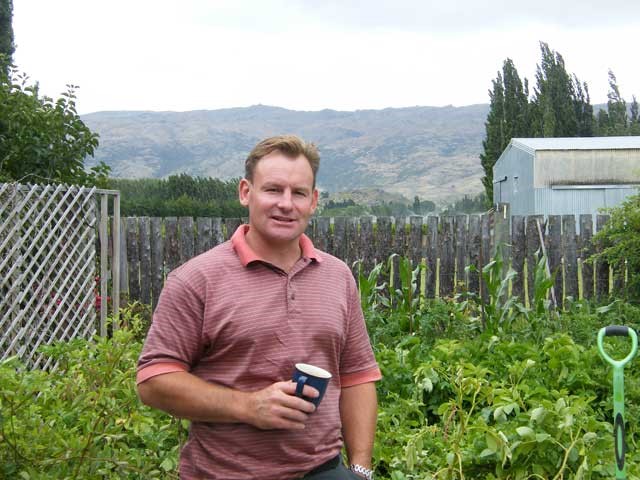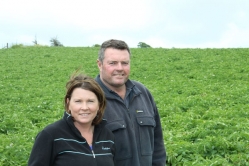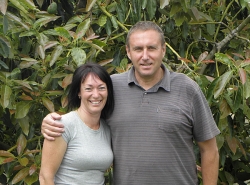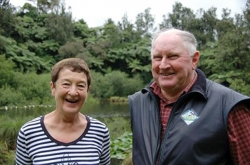It is the people, it is the people, it is the people – Helen Scott & Whiritoa Orchard
He aha te mea nui o te ao? Te tangata, te tangata, te tangata. This whakatauki speaks to the heart of Whiritoa Orchard operations. What makes this Bay of Plenty kiwi orchard so successful? “It is the people, it is the people, it is the people,” says orchard manager Helen Scott (iwi/hapu).
31/01/2023
He aha te mea nui o te ao? Te tangata, te tangata, te tangata. This whakatauki speaks to the heart of Whiritoa Orchard operations.
What makes this Bay of Plenty kiwi orchard so successful? “It is the people, it is the people, it is the people,” says orchard manager Helen Scott (iwi/hapu).
Owned by Māori Investments Limited, this nine-hectare farm has been developed extensively as a kiwi orchard that grows a mix of conventional and organic gold Kiwi fruit. Helen has brought a holistic management approach that has helped transform the farm from a struggling, flood damaged orchard into a healthy business.
She says one of the keys to the success of the orchards has been making hiring local a priority.
“All employees are trained, upskilled and empowered so their work becomes a career rather than just a job. And because we’re still a young business, only about six years old, we feel we should grow with our community.”
Initially outside contractors were doing all the work, but Helen knew there were capable people in the community who would love to be part of the orchard. “So we decided to grow our own crew here.” The orchard now provides pathways for the locals into the horticultural sector.
It hasn’t been easy, and it’s taken time to build the relationships and trust, but the results speak for themselves. “We are consistently showing higher quality product in our production. That’s because we don’t have the quality issues that contractors bring. They often don’t show the same amount of care the locals do.”
Helen runs a crew of 12 and would like to increase that number by including other orchards in the region, but she knows it’s going to be a slow build. “People still think using contractors is easier than engaging people in the community. But we’ve shown that when people have some love and ownership in the work they do, they do it better than contractors.”
The orchard has lifted production by an additional 10,000 trays of kiwi fruit per hectare.
After looking after the people on the team, Helen’s next priority is to leave the land in a better state than it was and everything she does is not with an eye on the next five years, but the next 100 or more. This means establishing good drainage and restoring soil health across the orchards.
As part of that holistic philosophy, the team has pushbikes to ride instead of vehicles, which not only stops soil being compacted but it keeps people fit. They are trialling growing cover crops under the kiwifruit canopy to provide a home for microorganisms in the soil and help strengthen the kiwi fruit roots. “We want to reduce the need for synthetic fertilizers, which you can’t use for the organic crops anyway. We are two years into the trial so it’s hard to tell yet what difference it’s making, and nature has thrown a few wobbles so we just have to wait and see.
Nature’s wobbles include some winter frost and then summer’s drenching rain across the area which is the worst in the past 36 years. The unprecedent volume of water put some stress on the farms drainage system and it has highlighted the need to put some work into a more robust system, “especially if climate change means these will become regular events,” she says.
As part of her holistic approach to managing the orchard and caring for the welfare of her crew, Helen established a vegetable garden at the orchard which all the team have access to. “I just asked everyone what kind of vegetables they would like to eat and we planted them. People come in before work to weed and help with other little jobs and then by Christmas we were eating salads straight from the garden.” For Helen it was the opportunity to show that people can provide food for their families, and also give the team a way to connect with each other over the smoko breaks. “People love to compare how their veggies are growing or what they’ve discovered that makes them grow well.”
There are also tikanga around the garden she knows have spread wider into the community. “There is no swearing in the garden, and you can’t go in their feeling angry,” she says.
“My overarching mission is to maximise this land’s potential while acting as a guardian for it. We’re growing kiwi fruit today, but in a 100 or a 1000 years’ time it needs to still be good for the next generations to grow and provide for their communities,” says Helen.
Enter the Ballance Farm Environment Awards
